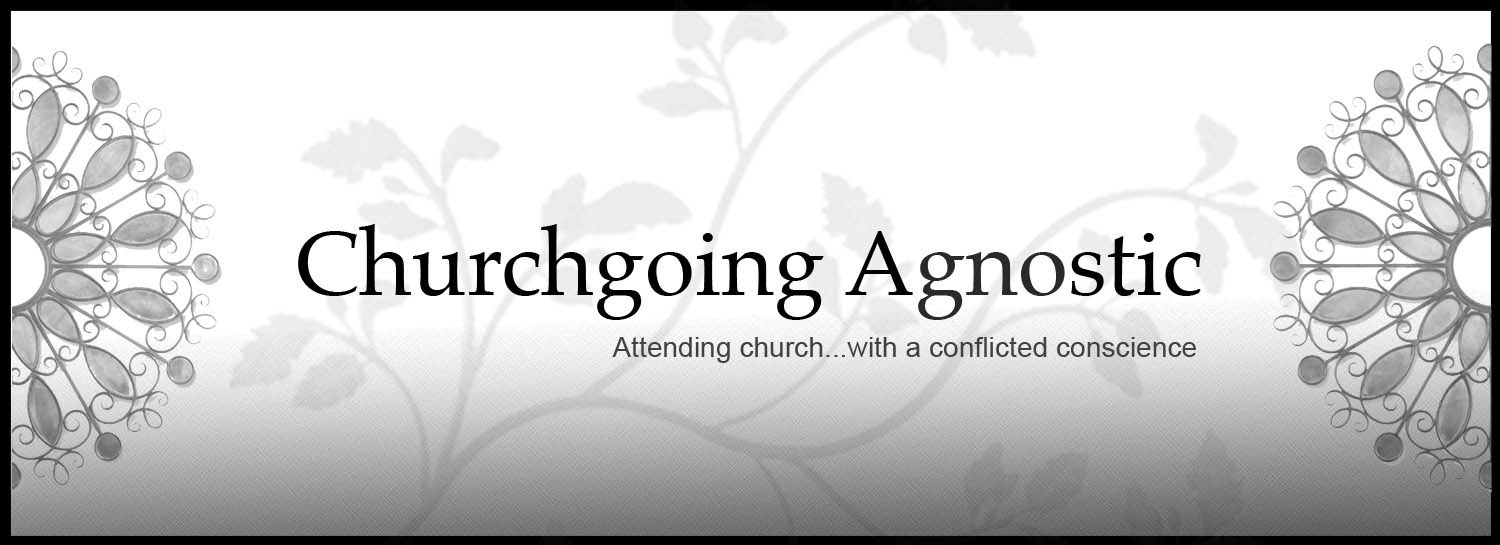I am an idealistic dreamer who loves to read. Reading has officially bypassed illustration as being one of my favorite pastimes. I enjoy immersing myself in the ideas, experiences and insights of the authors. I also enjoy reading both fictional and biographical accounts of individuals who choose to live out their convictions against all odds.
But I always find it challenging to ground the knowledge I have gleaned from books into meaningful applications relevant to the context in which I live. I have noticed that I often fail to relate abstract ideas to the concrete issues that the people around me are facing in their particular contexts. Living contextually is a demanding exercise that separates the dreamers from the doers. It demands realism and devalues escapism. The endeavor itself requires that an individual draw deeply from their own wells of wisdom, awareness, and creativity and employ resourcefulness in their attempts to resolve complicated, real-life situations.
Last fall, a graduate from the seminary I currently attend told me a story of an effective contextual approach. As he tells it, a few years ago, he was working as an associate minister in an 8,000-member Baptist congregation in Brooklyn, New York. In that context, there were thousands of members who were old in years and who had attended that church for almost half a century together. A lot of close, long-lasting relationships had been formed in that time. With such a large and aging population, many of them passed away and these deaths became so frequent that the church hosted funerals for elder members at least twice a week.
In this context where funerals were so common, the ministers came up with the idea that when Easter came around they would have "a funeral for Jesus" on Good Friday, complete with a casket and flowers- much like the ones their own friends were buried with. The idea was that since this congregation was very familiar with the pain of losing their friends, then maybe they could better identify with the pain that Jesus' friends and disciples must have felt when he was killed. The experiment was a resounding success and on Easter Sunday the congregation celebrated Jesus' resurrection like never before. This is a great example of how creativity, wisdom and resourcefulness was used to bring an abstract idea to life in a way that was relevant for a particular context.
History’s most admired figures are those who managed to incarnate their abstract ideas into concrete form. The storytellers of myth and history tell us inspiring accounts of how Jesus of Nazareth inspired those around him while challenging the religious and imperial authorities of 1st century Palestine; how radical philosophers like Voltaire introduced Enlightenment ideals of freedom and equality into popular culture and challenged and the sanctified corruption of the French Catholic Church in the 18th century; how Mohandas K. Gandhi employed nonviolence in his mass protests of the oppression committed by the British Empire; how Harriett Tubman attained her freedom from slavery and risked her life to help others escape its clutches; how pastor and theologian Reinhold Niebuhr publicly challenged wealthy entrepreneur Henry Ford regarding the work conditions of Detroit’s auto factories; how Dorothy Day advocated for and fed hungry and poor people driven by her faith in a God who could provide enough for all; how John Lennon and Yoko Ono’s used music and their own superstardom to campaign for peace in a time of war and social unrest; how liberation theologians like Oscar Romero opposed the death squads in El Salvador with a message of love and humanization; how visionaries like Martin Luther King Jr. mobilized masses of committed individuals and worked tirelessly to exorcise the ideological demons of racism, militarism and materialism from America’s soul.
All of these are inspiring and meaningful stories for many of us today. But I think it would be foolish to assume that we need to replicate the exact efforts of those individuals in our modern struggles as we are facing personal and global situations which possess their own particular areas of complexity. The fact is that we live in cultural contexts with different dynamics and players and we have tools and resources that many of the aforementioned individuals did not have at their disposal.
The real question seems to me to be a matter of how we might adapt the insights from such stories and our own experiences into practical applications appropriate to the challenges of our contemporary contexts. We may have to remix, reinvent and revolutionize previous approaches and, in the process, learn entirely new ways of resolving our own complicated situations.
When I think of living contextually, an analogy that pops into my mind is that of mountaintop and valley experiences. Like the Pentateuch’s stories of Moses, a Hebrew prophet who would periodically leave the masses of his people in the valley and travel alone to mountaintops to receive instructions from The God of Israel. As it frequently played out, Moses would return from the mountaintop inspired by his mystical experiences only to be welcomed back by all of the thorny, frustrating and complicated issues that the people were dealing with back in the valley.
It had to be tempting to stay on that elevated sanctuary, but Moses was called to use what he gained from those inspiring moments in his engagement with those human complexities found in the valley. This is the challenging and tense place where inspiration meets reality and gives birth to progress.
How do you adapt what you have received in an inspiring moment into a meaningful application for others? This is and always will be the challenge for dreamers like me.
Subscribe to:
Post Comments (Atom)



No comments:
Post a Comment